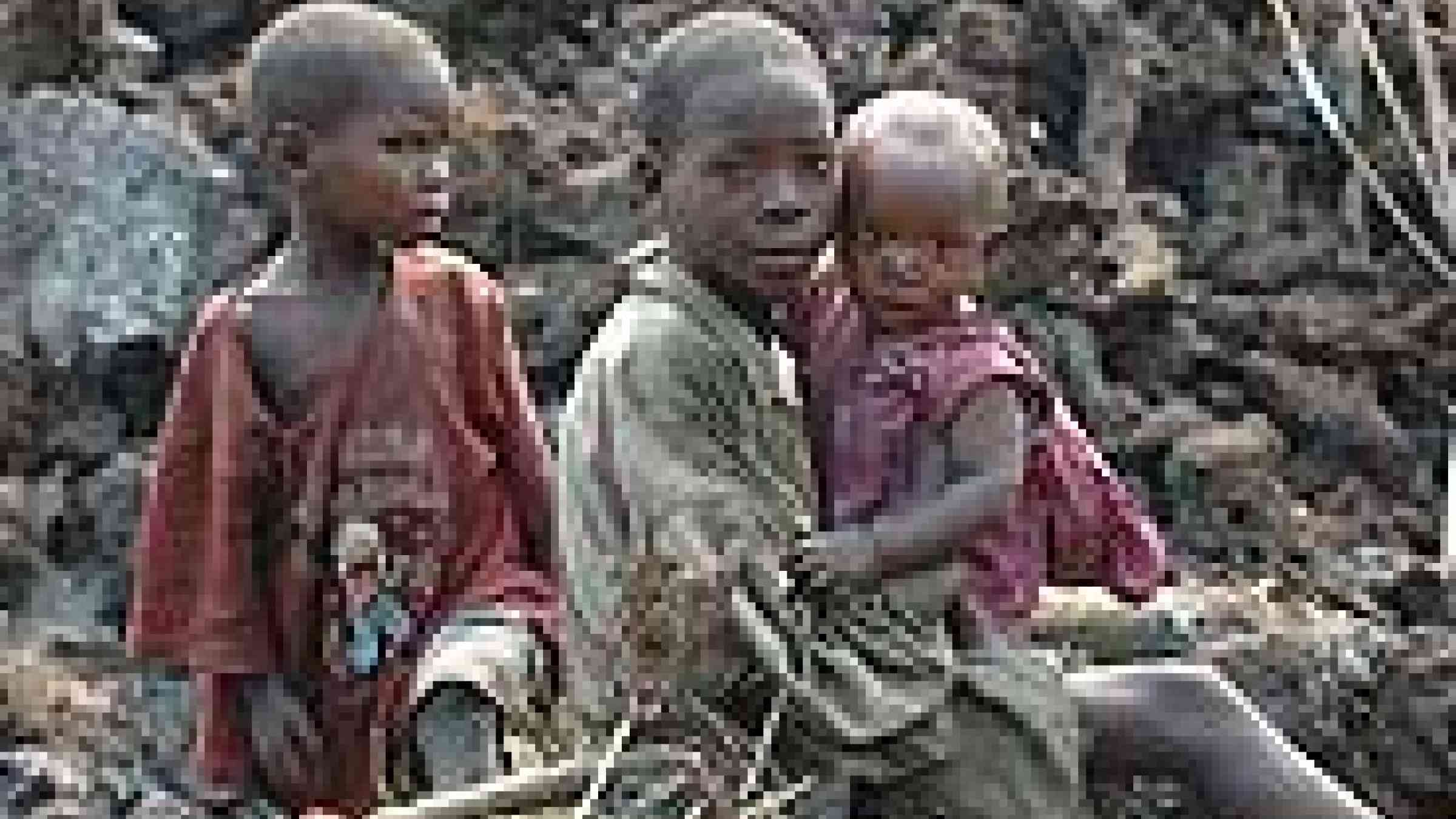
Developed and developing country governments gave an important signal for action on adaptation yesterday by deciding which countries will be offered funding under a pilot program within the US$6 billion Climate Investment Funds (CIF).
Bangladesh, Bolivia, Cambodia, Mozambique, Nepal, Niger, Tajikistan and Zambia have been invited to participate in the Pilot Program for Climate Resilience (PPCR) which will provide about US$500 million for scaled up action and transformational change in integrating climate resilience in national development planning. The PPCR is part of the CIF’s Strategic Climate Fund.
Members of the governing body, the PPCR Sub-Committee, met in Washington and agreed on these countries on the basis of recommendations of an independent Expert Group. The criteria used to identify the countries include the level of vulnerability to climate change hazards and risks, country preparedness to move towards climate resilient development plans, and country distribution across regions and types of hazards.
Sami Sofan, Yemeni Co-Chair of the PPCR Sub-Committee said “Funding levels for adaptation are extremely low considering the current and future burden that the poorest countries are shouldering. The developed countries are sending an important signal by providing these additional resources so that we may get started on this innovative programmatic approach to address climate resilience through development planning and investments. ”
One additional country from the Middle East and North Africa region, as well as two regional groupings of countries (Caribbean and Pacific), remain under consideration for PPCR pilot programs pending further inputs from the independent Expert Group.
Robin Davies, Australian Co-Chair of the PPCR Sub-Committee said “There is no single blueprint for how countries will use these resources. The aim is to give the poorest and most vulnerable countries the opportunity to transform their development planning by integrating climate change considerations. It will be crucial that we share lessons learned on what works and what doesn’t as quickly and widely as possible, together with the multilateral development banks and other partners.”
Pilot programs will be country-led and country-specific and build on National Adaptation Programmes of Action (NAPAs) and other relevant country studies, programs and pilots. The pilot program will also be strategically aligned with the Kyoto Protocol’s Adaptation Fund and other funding.
The PPCR pilot activities are expected to strengthen a country’s ability to plan and implement resilient development programs, particularly focusing on highly vulnerable sectors such as agriculture and water, and through strengthening institutional processes and structures. Possible approaches include: combining existing engineered coastal protection approaches in a country with nature-based adaptation through restoration of vast coastal mangrove areas; enhancing flood forecasting systems and community-based risk reduction measures; increasing food security by shifting cropping patterns and varieties in response to changed rainfall patterns.
The CIF will be implemented through the multilateral development banks: African Development Bank, Asian Development Bank, European Bank for Reconstruction and Development, Inter-American Development Bank and the World Bank Group.
Forest Investment Program (FIP) and Scaling Up Renewable Energy Program (SREP) also discussed
two other programs under the Strategic Climate Fund (SCF) were discussed by the SCF Trust Fund Committee, which is responsible for strategic oversight of the programs under the SCF.
A Forest Investment Program is proposed to pilot and demonstrate investments to support the REDD (Reducing Emissions from Deforestation and Forest Degradation) efforts of developing countries, while taking into account opportunities to help countries adapt to the impacts of climate change on forests and to contribute to multiple benefits such as biodiversity conservation and rural livelihood enhancements. Following the recommendations of the first FIP design meeting in October 2008, a smaller multi-stakeholder Working Group co-chaired by Norway and Ghana met early in January to further consolidate views on the FIP's design and plan the next design meeting. The next design meeting is planned for March 5-6, 2009 in Washington, DC.
Discussions continue on a proposed program to pilot scaled up investments in low income countries for renewable energy, provisionally known as the Scaling Up Renewable Energy Program. A minimum of US$250 million is sought to launch the program, with the Netherlands, UK and Switzerland having made commitments worth over US$100 million. The SCF Trust Fund Committee requested that a smaller multi-stakeholder working group be convened on March 9-10 to prepare a draft design document for the new program.
Contacts:
In Washington: Robert Bisset
+1-202-458-5191
[email protected]
Jeff Brez
+1-202-458-7628
(cell) +1-202-446-7759
[email protected]